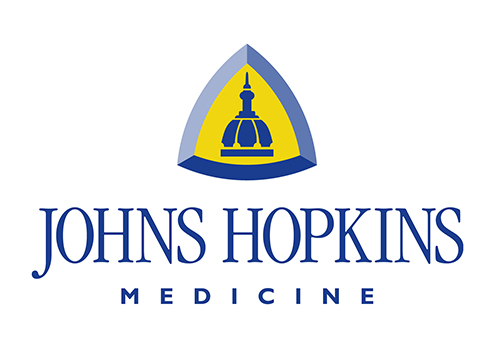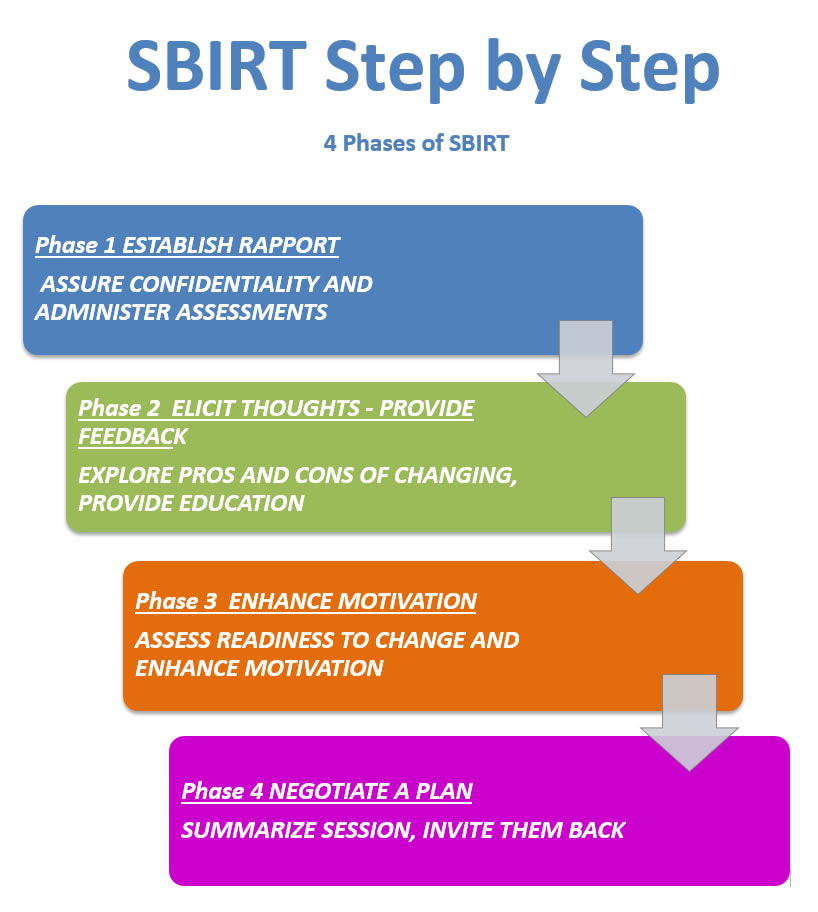Nurses are uniquely positioned to generate a paradigm shift in delivery of care to patients with SUDs in following ways:
- Awareness of Stigmatizing Language
- Therapeutic Scripting
- Harm Reduction
- Trauma Informed Care
- Assessment
Therapeutic Scripting
Therapeutic language can help create a critical caring connection between the nurse and the SUD patient. Hospitalization unexpectedly places patients with active SUD in an environment with restrictions that may trigger them to feel unsafe, uncomfortable and out of control. Therapeutic, non-judgmental, language helps create a positive, supportive environment or care that—particularly for SUD patients—can make all the difference.
Scripted Language Examples:
"We want to make sure that all our patients get the best care possible and so we ask all our patients’ questions regarding substance use disorder. Although you may not have come to the hospital to stop using substances your safety is most important to us."
"It will help us to know the quantity and duration of your use as this will help us provide you appropriate medications to ensure your safety and comfort. It is also helpful for us to know if you have ever been hospitalized for withdrawal from alcohol or benzodiazepines, as withdrawal from these substances can be particularly dangerous."
"Have you ever withdrawn from opioid in the past? What medications were most helpful for you?"
"Our goal is that you receive the highest quality of care."
"We’ll keep all information you share with us confidential and the only people who see this information will be members of your care team and other staff who are authorized to see your medical record."

Teaching and Safety
Addressing some of the key factors when a patient is admitted with Substance Use Disorder
Learn More
Harvard Health Blog:
Words matter: The language of addiction and life-saving treatments
Sarah Wakeman, MD, FASAM
Medical Director
Massachusetts General Hospital Substance Use Disorder Initiative


How to Save Someone from
an Opioid Overdose
For caregivers and patients with an opioid use disorder
Learn More
How to Save Someone from
an Opioid Overdose en Espanol
For caregivers and patients with an opioid use disorder
Learn More
How to Save Someone from
an Opioid Overdose en Espanol
For caregivers and patients who are prescribed opioid therapy
Learn MoreAssessment
The assessment plays a critical role in providing patients with SUDs the best care possible. Below are links to national and international assessment tools for patients with SUDs as well as guidelines for completing CIWA and COWS here at MGH. Members of the Addiction Consult Team are always available to discuss assessment and treatment of patients with SUDs — please reach out if you have questions!
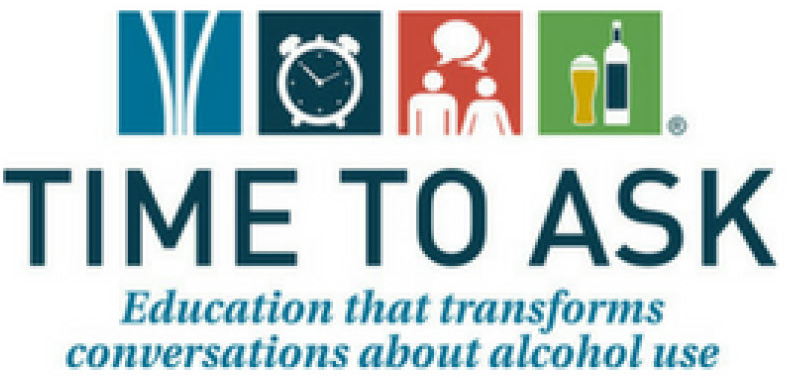
Alcohol Pocket Guide
Tip Sheet
[internal access]
The information on the enclosed pocket guide is designed to be used during conversations with patients about their alcohol use screening results.
Learn More
Alcohol Pocket Guide
[internal access]
A standard drink in the U.S. is any drink that contains about 14 grams of pure alcohol.
Learn More
What is COWS and CIW A-AR
[internal access]
Inpatient use of opioid and alcohol withdrawal scales in eCare
Learn More
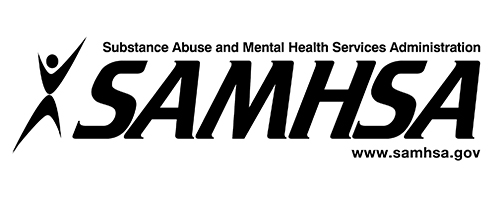
AUDIT-C Screening tool
The AUDIT-C is a 3-item alcohol screen that can help identify persons who are hazardous drinkers or have active alcohol use disorders.
Learn More
CRAFFT Screening Interview
The CRAFFT is a behavioral health screening tool for the use with children under the age of 21.
Learn More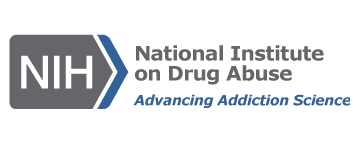
Clinical Opiate
Withdrawal Scale
This COWS tool is an 11-item scale designed to be administered by a clinician.
Learn More